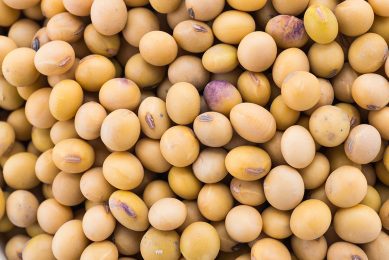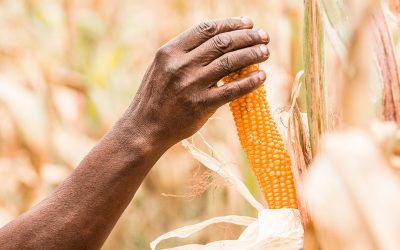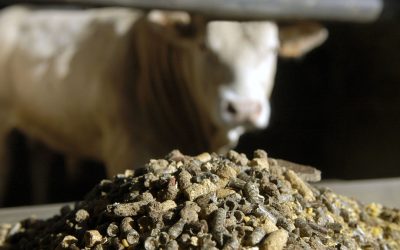New South African biodiesel plant seeks soybeans
Sasol and the state-owned Central Energy Fund (CEF) have selected Siyanda Biodiesel as their empowerment partner for a proposed 100 000-ton-a-year soybean biodiesel plant.
Siyanda Biodiesel is a four-year-old black-owned company, mainly run by women
directors, with Danisa Baloyi as its chairman. The final decision about the
construction of the plant will be made before the end of the year.
Sasol would hold a 37.5% interest in the biodiesel venture,
which was projected to cost up to R1 billion (€108 million), CEF would have
a 36.5% stake and Siyanda Biodiesel would own 26%. If approved, the plant may be
located at either Newcastle, Sasolburg or Secunda.
Sasol intends to blend
biodiesel with diesel from fossil fuels in very low ratios, probably 5%
biodiesel to 95% conventional diesel blends, which require no engine
modification.
The petrochemicals group and CEF have selected German
company Lurgi to study the viability of the biodiesel project.
A lot of soybeans required
The proposed plant would require an annual 600,000
tonnes of soybeans to produce 460,000 tonnes of oil cake, a high-protein
ingredient in animal feed. The local soybean harvest this year was 414,000 tons.
Total local demand would increase to about 900,000 tons with the plant in
operation and so a significant amount of soybeans would have to be imported
until there was adequate local production.
The government has provided
two tax incentives applicable to local biodiesel production: accelerated
depreciation and a 40% reduction in the general fuel levy. Announcements on a
proposed law on voluntary blending of biodiesel, which could be made mandatory,
are expected later this year.
South Africa imports most of its soy protein for the animal
feed industry. Soybean production is concentrated in Mpumalanga and the Free State, which account for about 45% of
supply, with KwaZulu-Natal contributing another 16%.











